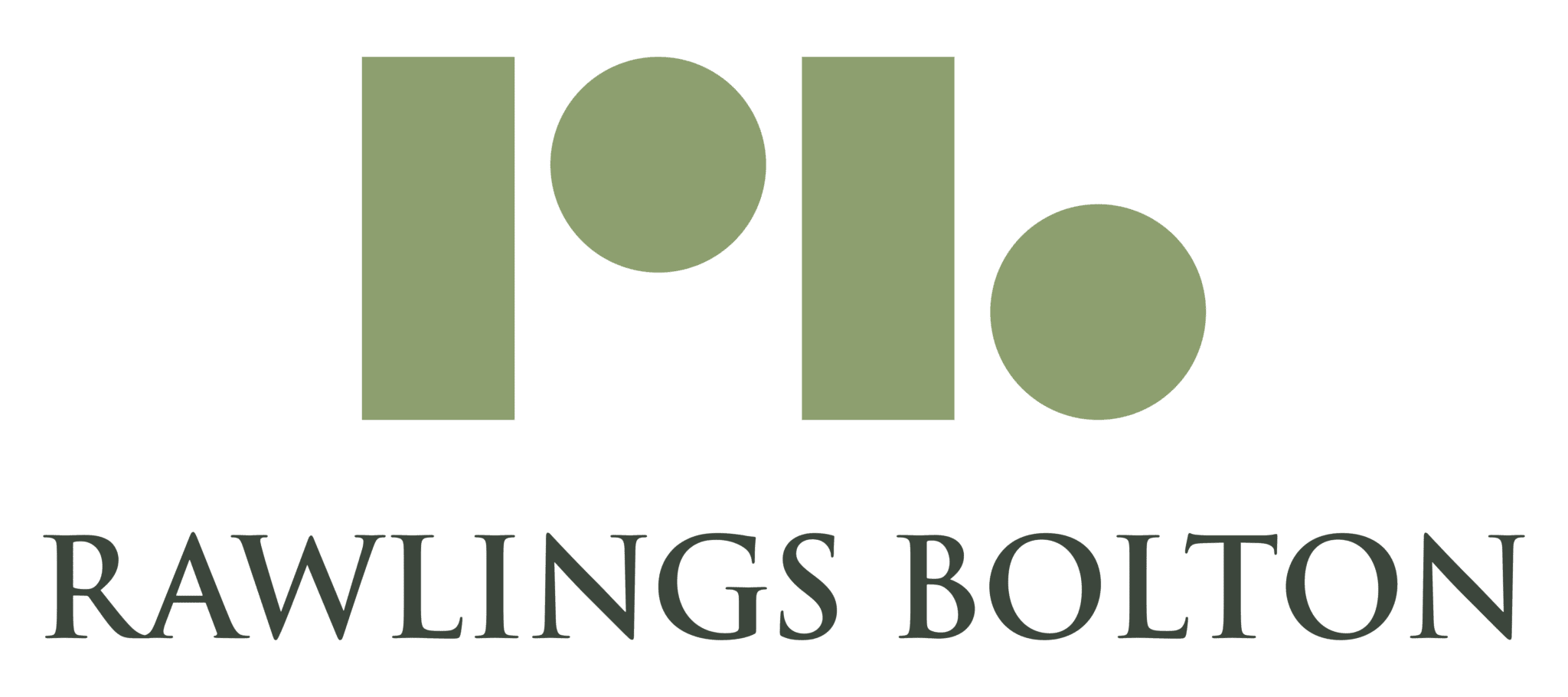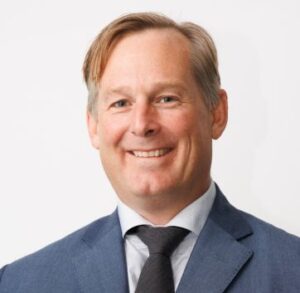In the world of business and finance, the term ‘capital’ often refers to financial resources.
The International Integrated Reporting Council (IIRC) broadens this definition by identifying six categories of capital that contribute to an organisation’s value creation. These are: Financial, Manufactured, Intellectual, Human, Social and Relationship, and Natural.
1. Financial capital
Financial capital is the pool of funds available for the production of goods or the provision of services. These funds can be obtained through various means such as debt, equity and grants, or generated through operations or investments.
2. Manufactured capital
Manufactured capital refers to physical objects used in the production of goods or the provision of services. This includes buildings, machinery, equipment, and infrastructure like roads and ports.
3. Intellectual capital
Intellectual capital encompasses organisational, knowledge-based intangibles. This includes intellectual property like patents, copyrights, and licences, as well as ‘organisational (or family) capital’ such as tacit knowledge, systems, procedures, and protocols. It also includes intangibles associated with the brand and reputation that an organisation or family has developed.
4. Human capital
Human capital is the competencies, capabilities, and experience of people, including their motivation for innovation. Alignment with an organisation or family’s governance framework and risk management approach also falls under this category, as does ethical values, capacity to understand, development and implementation of strategy, and loyalties and motivations for improving processes, goods, and services.
5. Social and relationship capital
Social and relationship capital refers to the institutions and relationships established within and between each community, group of stakeholders, and other networks to enhance individual and collective wellbeing. This includes shared norms, common values and behaviours, key relationships, trust and willingness to engage with external stakeholders, and an organisation or family’s social licence to operate.
6. Natural capital
Natural capital includes all renewable and non-renewable environmental stocks that provide goods and services to support current and future prosperity. This includes air, water, land, forests, minerals, biodiversity, and ecosystem health.
Six interrelated capitals
The IIRC acknowledges that these capitals are interrelated and interdependent. For instance, an organisation’s investment in a new piece of equipment might decrease its financial capital but increase its stock of manufactured capital, leading to increased efficiency or productivity over time.
Rawlings Bolton’s belief in the concept of ‘Good Capital’ encompasses all six of these capitals. It recognises value creation is not solely about financial gain, but also involves a broader range of factors contributing to long-term sustainability and success.
Why is this relevant?
For ultra-high net worth (UHNW) families, understanding and actively managing these six capitals is crucial for preserving and growing wealth across generations. While financial capital is undoubtedly important, neglecting the other capitals can lead to missed opportunities, reputational damage, or even the erosion of family cohesion and legacy.
By embracing the concept of Good Capital, UHNW families can adopt a holistic approach to wealth management that considers not only financial returns but also the impact on society, the environment, and future generations.
Incorporating these principles into their Investment Policy Statement (IPS) can provide a structured framework for aligning investment decisions with their values and long-term objectives.
Similarly, for fund managers, recognising the significance of these six capitals can enhance investment strategies and risk management practices.
Integrating environmental, social, and governance (ESG) factors alongside traditional financial metrics can lead to more comprehensive assessments of investment opportunities and potential risks.
Fund managers who prioritise Good Capital principles are better positioned to identify sustainable businesses with long-term growth prospects, thus delivering superior returns to their investors while contributing positively to society and the environment.
What can I do next?
- Integrate ESG considerations: Whether you are a UHNW family managing your wealth or a fund manager overseeing investments, incorporate environmental, social, and governance factors into your decision-making process. Utilise your Investment Policy Statement as a tool to explicitly outline your commitment to responsible investing and to guide the selection of investments that align with your values and objectives.
- Educate stakeholders: Take proactive steps to educate family members, clients, and investors about the importance of Good Capital and the six capitals framework. Foster discussions around responsible wealth management and the role of finance in driving positive change, emphasising the role of the IPS in ensuring alignment with overarching goals.
- Engage with stakeholders: Build meaningful relationships with stakeholders, including communities, employees, suppliers, and regulators. Foster trust and collaboration through transparent communication, active engagement, and a commitment to ethical business practices. Use the IPS as a communication tool to articulate your organisation’s values, priorities, and approach to sustainable investing.
- Measure and report impact: Implement robust measurement and reporting mechanisms to track the impact of your actions across the six capitals. Utilise tools such as integrated reporting frameworks to provide stakeholders with a comprehensive view of your organization’s performance and value creation efforts, leveraging the IPS as a roadmap for ongoing evaluation and improvement.
- Support sustainable initiatives: Allocate resources towards initiatives that promote sustainability, innovation, and social responsibility. Whether through philanthropy, impact investing, or corporate social responsibility programmes, leverage your financial capital to drive positive change and create shared value for all stakeholders in alignment with the principles outlined in your IPS.
By embracing the principles of Good Capital and actively managing the six capitals, both UHNW families and fund managers can contribute to a more sustainable, equitable, and prosperous future for generations to come, leveraging their Investment Policy Statement as a foundational tool in this journey. Get a free copy our IPS template here and let us know if you would be interested in further discussing Good Capital.
Contact Heath Shonhan today at [email protected] for a confidential discussion and possible solutions for your business.


